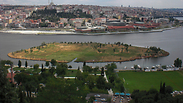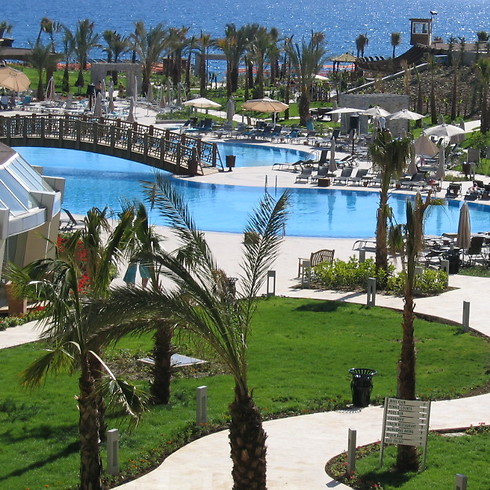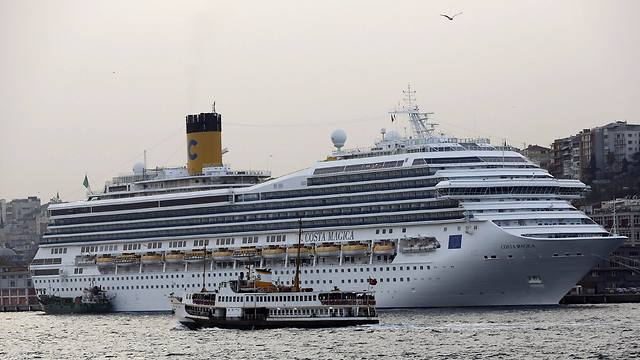
Israelis buying a Japanese car in Tel Aviv might be surprised to learn that the car was actually built in Turkey. Tourists buying dried figs in Israel’s Machane Yehuda market probably also don’t know that the figs are also imported.
These are just two of the examples of the burgeoning trade between Israel and Turkey, trade that has more than doubled in the past five years, according to the Turkish Statistics Institute, and confirmed by Israeli officials, to $5.6 billion. About half of that is exports from Israel to Turkey, and the other half, Turkish goods, like the cars, coming to Israel.
“The economies of Turkey and Israel complement each other and the trade ties are flourishing,” Israeli foreign ministry spokesman Emmanuel Nachshon told The Media Line. “That’s the good news. Unfortunately the political ties are not as good, and this is a consequence of the harsh attack by the Turkish leadership against Israel.”
Ties between Israel and Turkey have foundered since Israeli naval commandos killed ten Turkish activists on a ship that was trying to break Israel’s blockade of the Gaza Strip. Three years later, President Obama brokered a telephone apology from Israeli Prime Minister Binyamin Netanyahu for the deaths of the ten Turkish citizens, but relations have not returned to normal.
Israel and Turkey do not have currently have ambassadors in each other’s countries, but lower-level diplomatic representatives. Turkish Prime Minister Recep Tayyip Erdogan has consistently made anti-Israel comments including last month, commenting on Netanyahu’s trip to Paris after the killings at Charlie Hebdo and the kosher supermarket. Referring to last summer’s fighting between Israel and the Islamist Hamas movement in the Gaza Strip, Erdogan said Netanyahu must “give an account for the children, women you massacred.”
In response Israel’s Foreign Minister Avigdor Lieberman called Erodan an “anti-Semitic, neighborhood bully.”
That rhetoric has been stepped up in advance of the June, 2015 election for 550 new members of the Grand National Assembly, the Turkish parliament.
“We’ve repeatedly seen that whenever there is an election campaign there is an increase in anti-Israel rhetoric,” a senior Israeli official told The Media Line on condition of anonymity. “It’s almost part of the electoral campaign, and the more anti-Israel you are, the more popular you are. That is something we can’t accept.”
Yet both Israel and Turkey seem happy to distinguish between their political and economic connections.
“Both countries have built a wall between their political diplomatic relations, and their economic ties,” Alon Liel, a former director general of the Foreign Ministry told The Media Line. “Both economies are growing and their needs are growing. They decided that although they can fiercely quarrel on the diplomatic level, civilian trade has been almost unaffected.”
Turkey is Israel’s 7th or 8th largest trading partner, he said. Israel exports chemicals like potash to Turkey, and imports manufactured goods and food.
In the late 1990’s Israel also made extensive arms deals with Turkey for upgrading its aircraft and tanks, and even selling it drones. Those deals have been put on hold based on the tense political situation.
Alon Liel says that both Israel and Turkey have become increasingly isolated in the Middle East, and if there was a solution to the Israeli-Palestinian conflict, the two countries could reestablish their close political ties.
“Turkey didn’t do very well in the last five years in the region,” Liel said. “They ruined their relations with Syria and Egypt, and have problematic relations with Iraq and Iran. Turkey needs friends in the region.”
That last sentence could be said of Israel as well, and the economic ties could form the basis for a new regional alliance in the future.
Article by Linda Gradstein.
Republished with permission from The Media Line.

















